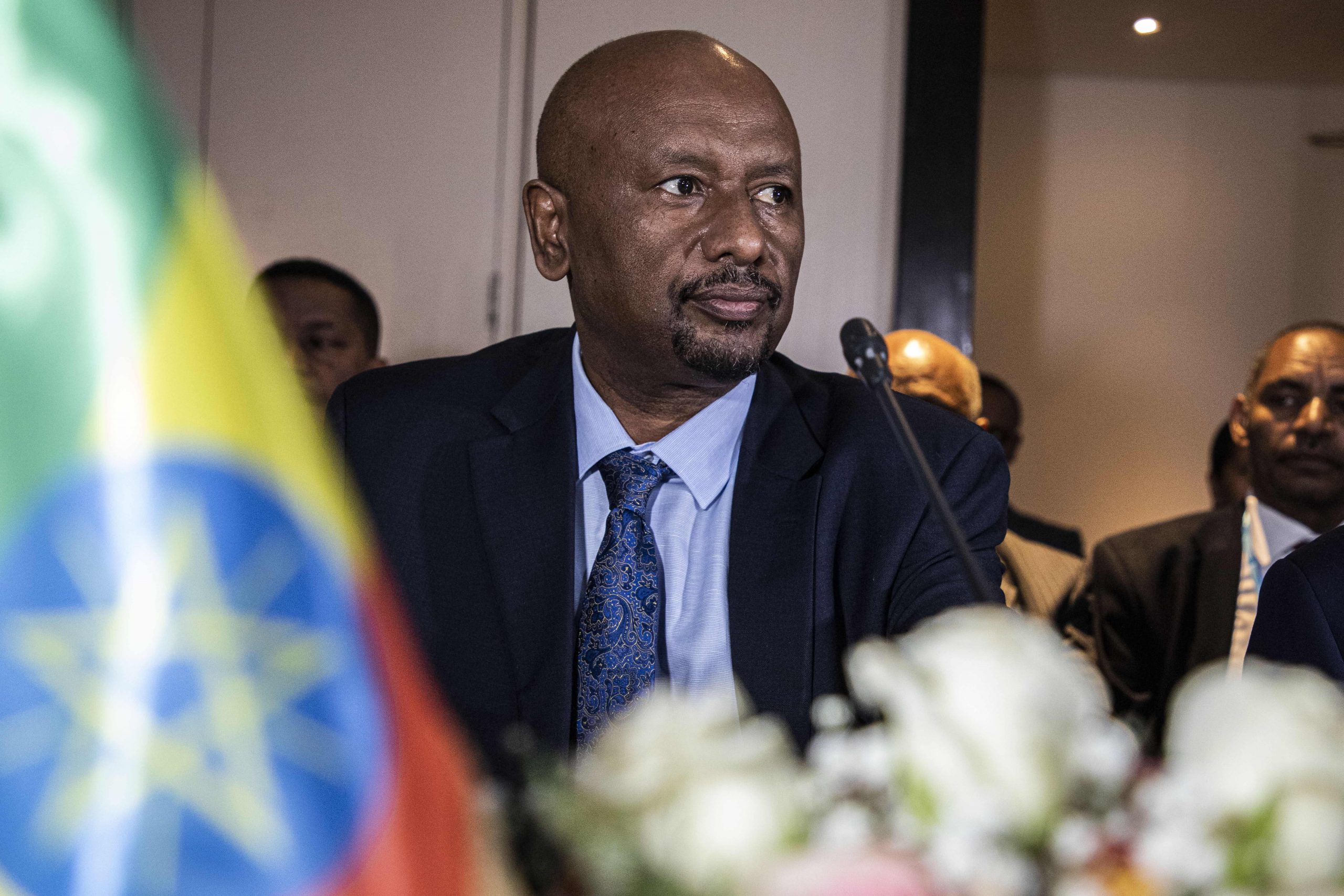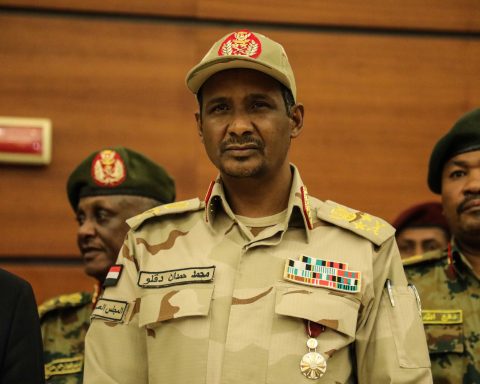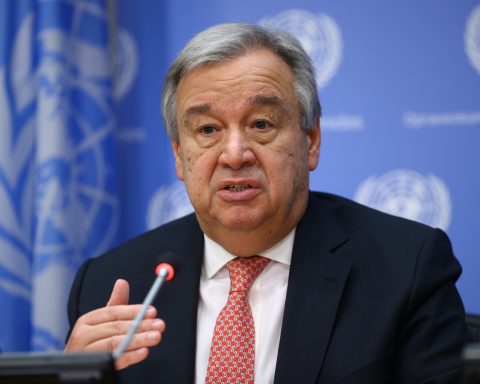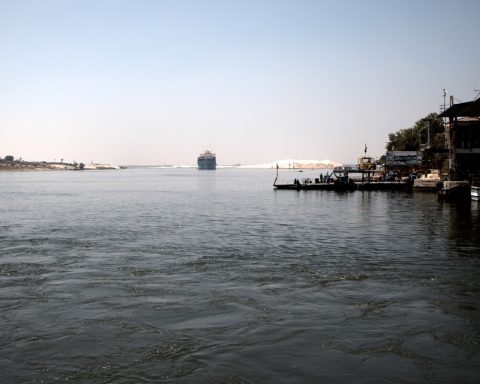Ethiopian Irrigation Minister Seleshi Bekele sent a letter to his Egyptian and Sudanese counterparts stating that the Grand Ethiopian Renaissance Dam (GERD) has entered the second phase of filling. However, neither Egypt nor Sudan accepts Ethiopia’s policy on the matter.
Egypt and Sudan reject the second stage of the filling of GERD built by Ethiopia on the Blue Nile, as there is no binding agreement between the three countries. Despite this, the Egyptian and Sudanese irrigation ministers received an official letter from their Ethiopian counterpart, Seleshi Bekele, stating that Ethiopia’s controversial mega-dam has begun the second phase of filling its reservoir.
Ethiopia reiterated its plans to implement the second filling phase during the month of July, known in the region as the rainy season, although a binding tripartite agreement has not been reached. Regarding the letter sent by Ethiopian Irrigation Minister Seleshi Bekele, Egypt’s irrigation ministry spokesperson has stated that Egypt rejects Ethiopia’s unilateral action. In addition, the Egyptian Irrigation Minister, Mohamed Abdel Ati, stated that this action represents a clear and dangerous violation of the 2015 Declaration of Principles signed by the three countries. In this context, the Egyptian foreign ministry spokesperson highlighted that Ethiopia’s move would aggravate the crisis and tensions in the region, creating a situation that threatened regional and world security and peace.
Sudanese Irrigation Minister Yasser Abbas stated that the GERD problem has become a threat to regional security and peace, and that he expects the United Nations Security Council (UNSC) to consider Sudan’s demands on this issue. Omar Al-Farouk, the GERD spokesperson of the Sudanese government, stated that Ethiopia’s right to use water was not denied. However, he stressed that, without a tripartite agreement, Ethiopia unilaterally refused to proceed to the second filling phase of the GERD project. Farouk also pointed out that they are following the second filling of the dam and that Sudan has political, economic and diplomatic options to explain.
After the tripartite negotiations, mediated by the African Union, came to a deadlock in April, Egypt and Sudan applied to bring the issue to the agenda of the UNSC. In this context, the council will meet on Thursday, July 8, to discuss the dispute between Sudan, Ethiopia and Egypt regarding the GERD project that Ethiopia has built on the Blue Nile. Prior to the UNSC meeting, the Egyptian foreign ministry forwarded a copy of the official letter submitted by Ethiopia to the Security Council. Sudanese Irrigation Minister Yasser Abbas stated that Khartoum requested international mediation on GERD and that the Security Council could also address the GERD problem within the scope of the first article. Omar Al-Farouk, the Sudanese government’s GERD spokesman, called on the Security Council to monitor the GERD issue and receive periodic reports from Ethiopia every six months.
Egypt and Sudan have demanded to reach a legally binding agreement that will protect the rights of all three parties regarding the operational and environmental impacts of the GERD project. In this context, both countries have not achieved any remarkable results from the negotiations that have been going on for more than ten years, for which they hold the Ethiopian administration responsible. The Addis Ababa government aims to store 13.5 billion cubic meters of water in the second fill phase of GERD in July, the rainy season. This rate is twice as high as Ethiopia’s filling for the GERD project last year. In this context, Egypt and Sudan are concerned about Ethiopia’s unilateral stance on GERD. It is vitally important as Egypt provides more than 95% of its freshwater from the Nile. Sudan, on the other hand, is concerned that unilateral filling of GERD will threaten the lives of millions of people living downstream and jeopardizes the operational safety of its dams.
Therefore, Sudan thinks that it will put its national security at risk. As a result, Egypt and Sudan want a binding agreement to be reached that determines how the dam will be operated and filled, based on international law and norms governing transboundary rivers. Ethiopia reiterates its plan to implement the second fill phase of GERD in July, the rainy season, in spite of these objections.














